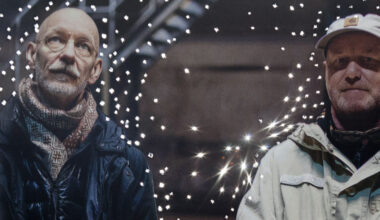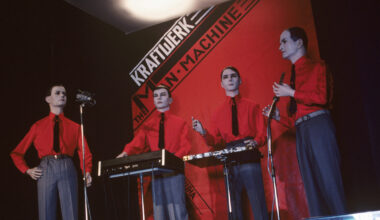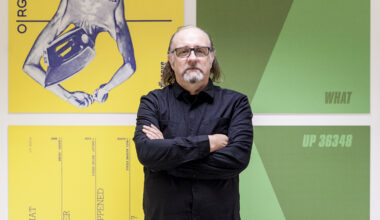Academic proclamations, a virus-free voice instrument and a sci-fi aesthetic. ‘AAI’, the new album from Mouse On Mars, is just the sort of extreme boundary-pushing we’ve come to expect from one of electronic music’s most innovative duos
Want to read more?
Sign up to Electronic Sound Premium to gain access to every post, video, special offers, and more. 100%, all you can eat, no commitment, cancel any time.
Already a premium member? Log in here






